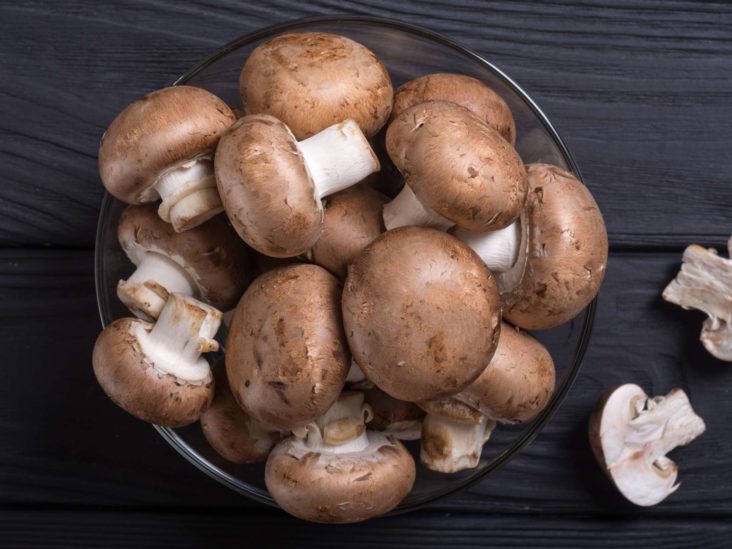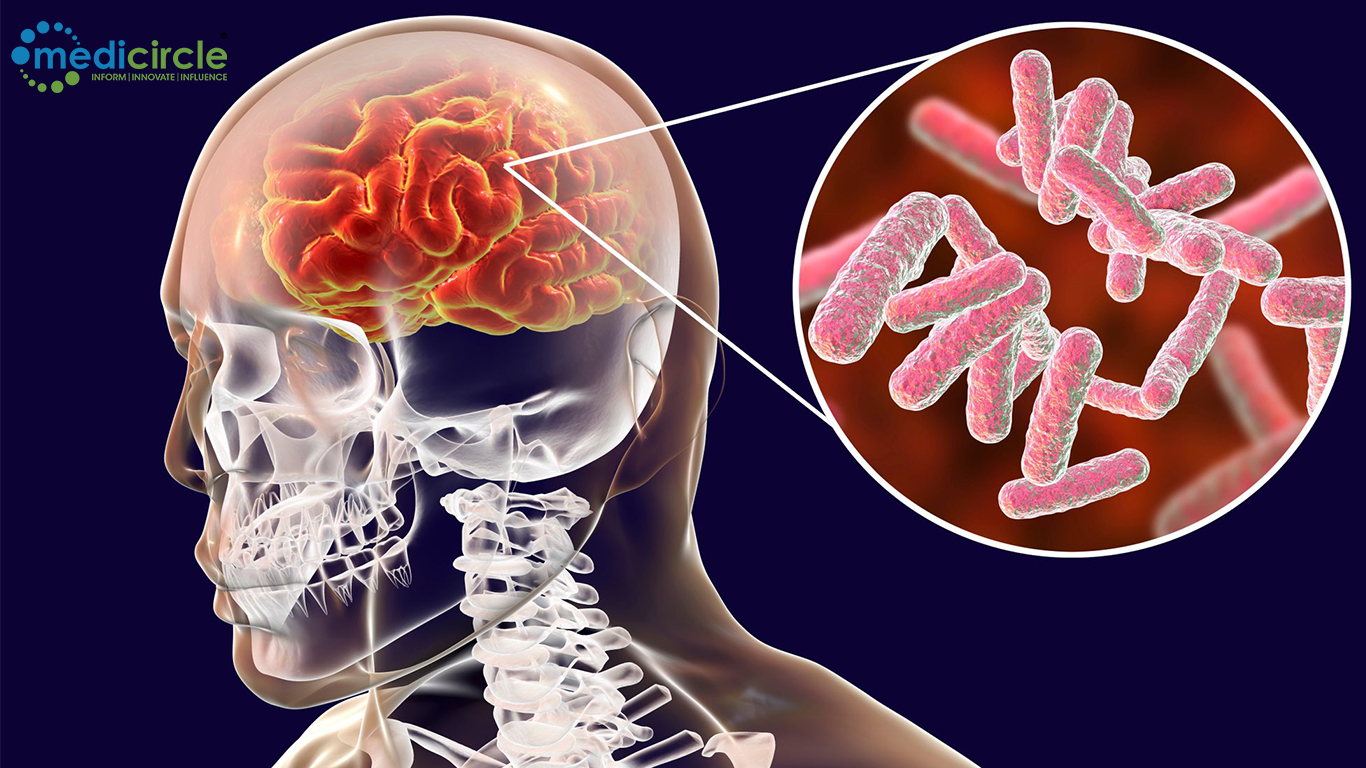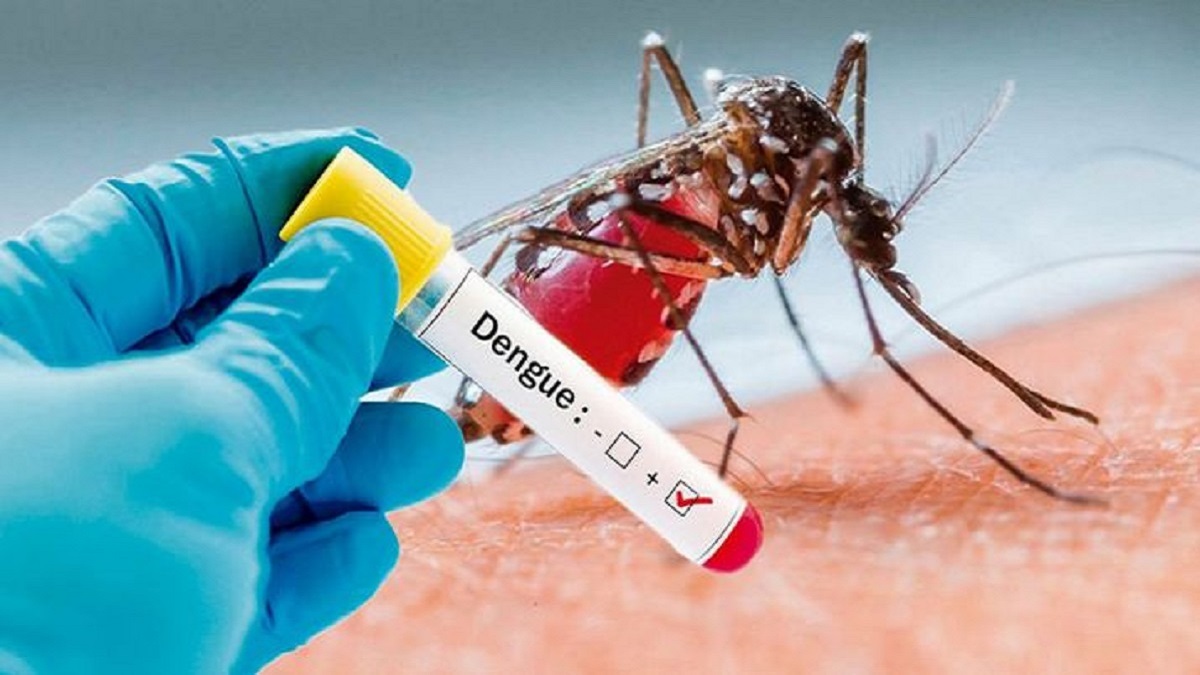Your food plate reflects your overall health. A colorful well-balanced food plate is the gateway to a healthy life. Fruits and vegetables are the source of a balanced food plate. One such vegetable is mushroom. Mushrooms are available in different varieties and have a unique flavor.
The nutritional content of mushroom
A 100 gms of mushroom contains the following nutrients
Energy – 21kcal
Carbohydrate – 3.26 g
Protein – 3.09 g
Potassium – 318 mg
Phosphorus – 86 mg
Magnesium – 9 mg
Sodium – 5 mg
Niacin – 3.61 mg
Calcium – 3 mg
Iron – 0.5 mg
Copper – 305 mcg
Choline – 17.3 mcg
Folate – 17 mcg
Selenium – 9.3 mcg
Benefits of eating mushrooms
Mushrooms are rich sources of multiple vitamins, minerals, and antioxidants that are essential for the healthy functioning of your body.
May promote weight loss - Mushrooms belong to the category of lower-energy-dense foods and have low calories. Thus, it would be great for your weight loss plan.
Promote gut health - Mushrooms contain beta-glucans that have metabolic and gastrointestinal effects and may reduce the symptoms of irritable bowel syndrome. Beta-glucans modulate the gut microbiome, alter lipid and glucose metabolism, and reduce cholesterol levels.
Rich in antioxidants - Mushrooms are a rich source of antioxidants. Antioxidants help in minimizing oxidative stress in the body that can cause premature aging, inflammation and cell damage. This also helps in building immunity.
Perfect pregnancy food – A woman in her pregnancy needs ample nutrition and mushrooms are ideal for this. However, consult a doctor before consuming mushrooms and avoid consuming uncooked ones.
Good for heart health – Mushrooms contain less sodium. Mushrooms contain a B vitamin called niacin, which reduces LDL cholesterol and triglycerides and increases HDL cholesterol levels to promote your heart health. Mushrooms also contain several micronutrients like copper and zinc, crucial for promoting cardiovascular health.
Support your bones – Vitamin D is crucial for strengthening bone and maintaining bone health. Consuming mushrooms can prevent vitamin D deficiency as they contain significant amounts of it as compared to other unfortified vitamin D food sources.

 Mushrooms are rich sources of multiple vitamins, minerals, and antioxidants that are essential for the healthy functioning of your body. Read on to know some health benefits along with the nutritional value of mushroom
Mushrooms are rich sources of multiple vitamins, minerals, and antioxidants that are essential for the healthy functioning of your body. Read on to know some health benefits along with the nutritional value of mushroom




















.jpeg)



.jpg)




.jpg)





.jpeg)

.jpg)


